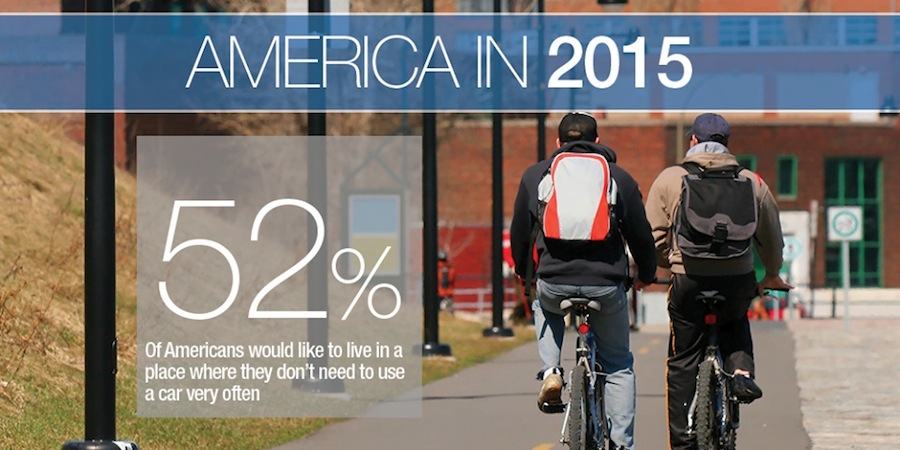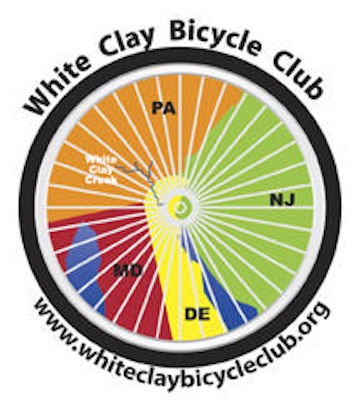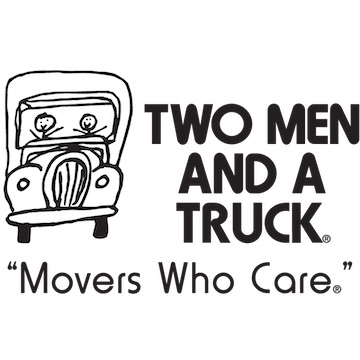Best of Bike Delaware 2015: “McDowell, Bonini, Osienski and Keeley Introduce Bicycle-Friendly Economic Development Bill”
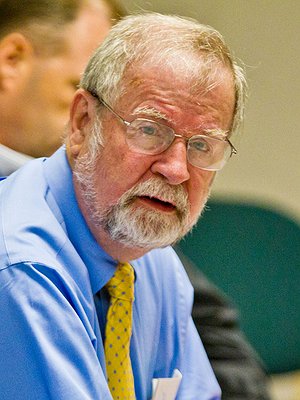
Looking Back at 2015: This article was originally published on June 12, 2015. It was the 10th most viewed Bike Delaware article of 2015.

JULY 1 (UPDATE): Delaware General Assembly adjourns without Senate vote on legislation.
State Senators Harris McDowell and Colin Bonini and State Representatives Ed Osienski and Helene Keeley have introduced bicycle-friendly economic development legislation in the Delaware General Assembly.
The innovative bill defines criteria for “Complete Community Enterprise Districts” that would help local governments encourage transit-friendly, walkable and bikeable economic development.
Since World War II, economic development in Delaware has mostly been bicycle (and walking and transit) unfriendly. A highly auto-centric subdivision-shopping mall-office park pattern of development has instead dominated. This style of development, while sometimes lucrative in the short-term, has four notable long-term weaknesses:
 For a given amount of public infrastructure (roads, sewers etc) and services (police, fire, EMT, transit etc.) investments and ongoing public expenditures, the subdivision-shopping mall-office park style of development generates a relatively lower amount of economic activity (and corresponding government tax receipts).
For a given amount of public infrastructure (roads, sewers etc) and services (police, fire, EMT, transit etc.) investments and ongoing public expenditures, the subdivision-shopping mall-office park style of development generates a relatively lower amount of economic activity (and corresponding government tax receipts).
 With daily destinations spread out over long-distances and efficient transit solutions financially difficult to provide, almost every single adult (and even teenagers) living in a residential-only subdivision must own a personal motor vehicle in order to meet their daily mobility needs. Since Delaware neither pumps oil nor manufacturers cars, nearly every cent of these Delaware household expenditures leaves the state, creating a permanent drag on Delaware’s economy.
With daily destinations spread out over long-distances and efficient transit solutions financially difficult to provide, almost every single adult (and even teenagers) living in a residential-only subdivision must own a personal motor vehicle in order to meet their daily mobility needs. Since Delaware neither pumps oil nor manufacturers cars, nearly every cent of these Delaware household expenditures leaves the state, creating a permanent drag on Delaware’s economy.
 Safe and practical opportunities to walk and bicycle for daily transportation helps maintain a healthy weight and prevent heart disease, type 2 diabetes, and other chronic diseases. Subdivision-shopping mall-office park development, however, usually eliminates these opportunities. Nearly two-thirds of adults and almost 40% of children in Delaware are now classified as overweight or obese.
Safe and practical opportunities to walk and bicycle for daily transportation helps maintain a healthy weight and prevent heart disease, type 2 diabetes, and other chronic diseases. Subdivision-shopping mall-office park development, however, usually eliminates these opportunities. Nearly two-thirds of adults and almost 40% of children in Delaware are now classified as overweight or obese.
 For the last two years that federal statistics are available, Delaware has had the highest per capita pedestrian fatality rate in America. The large majority of these pedestrian fatalities occur on Kirkwood Highway, Dupont Highway, Concord Pike, Pulaski Highway and the other high-speed, multi-lane arterial “corridor” roads in suburbs that have expanded to serve subdivision-shopping mall-office park style development and the very heavy levels of motor vehicle traffic that it generates.
For the last two years that federal statistics are available, Delaware has had the highest per capita pedestrian fatality rate in America. The large majority of these pedestrian fatalities occur on Kirkwood Highway, Dupont Highway, Concord Pike, Pulaski Highway and the other high-speed, multi-lane arterial “corridor” roads in suburbs that have expanded to serve subdivision-shopping mall-office park style development and the very heavy levels of motor vehicle traffic that it generates.
Meanwhile, retiring Baby Boomers and Millennials – among many others – are both looking for housing and work opportunities in places that do not follow the subdivision-shopping mall-office park pattern. In a recent national poll, 52% of all Americans said they would like to live in a place where they don’t need to use a car very often.
These changes in demographics and preferences are an opportunity. “‘Complete Communities’ are a critical strategy,” said Senator McDowell, the prime sponsor of the Complete Community Enterprise Districts bill in the Delaware State Senate, “for economic development in Delaware. But they also simultaneously address the strained finances of our transportation system and are good for our environment too. That’s a policy win-win-win.”
One of the prime sponsors of Senator McDowell’s bill in the Delaware House of Representatives is Representative Ed Osienski. “All Delawareans deserve to live in communities that are walkable and bikeable with access to good public transportation,” said Representative Osienki. “I am hopeful that we can continue our efforts to make this goal a reality and build more of these beautiful, resilient and ‘complete’ places.”
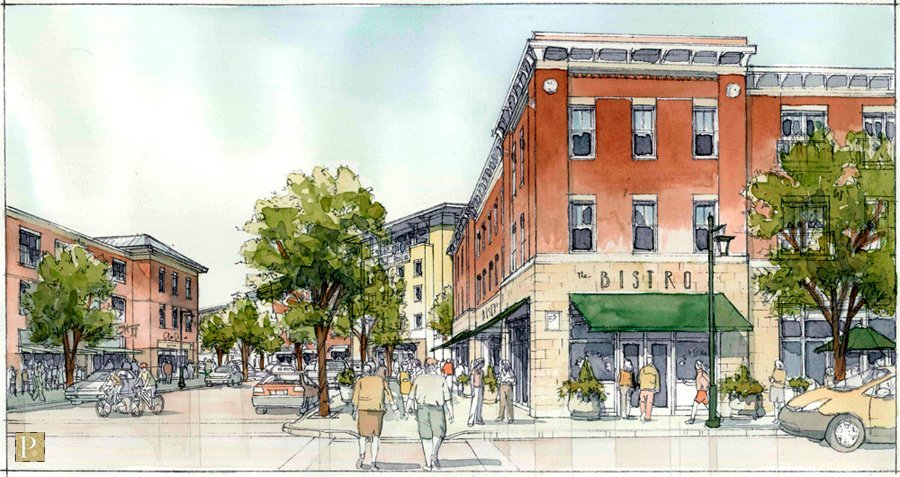
Transit-friendly, walkable and bikeable development is an enormous economic development opportunity for Delaware – if we can seize it.
RELATED:
• Complete Community Enterprise Districts (Delaware Senate Bill 130)
• Trends in Delaware’s Growth and Spending Summary Report
• Why you can’t have bus service
• Delaware’s #3 Bicycle Friendly State “Report Card” (calls for encouraging bicycle-friendly development)

